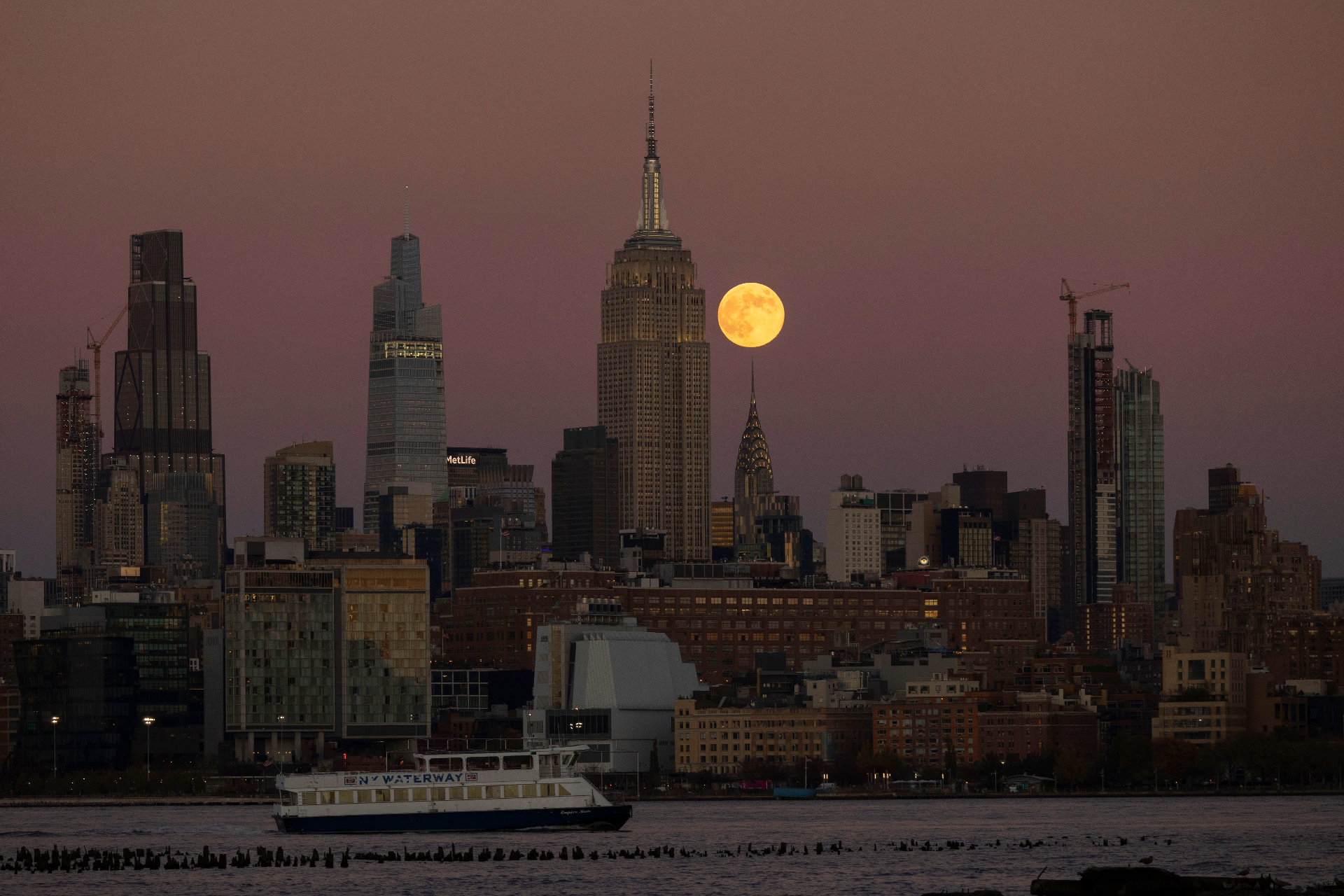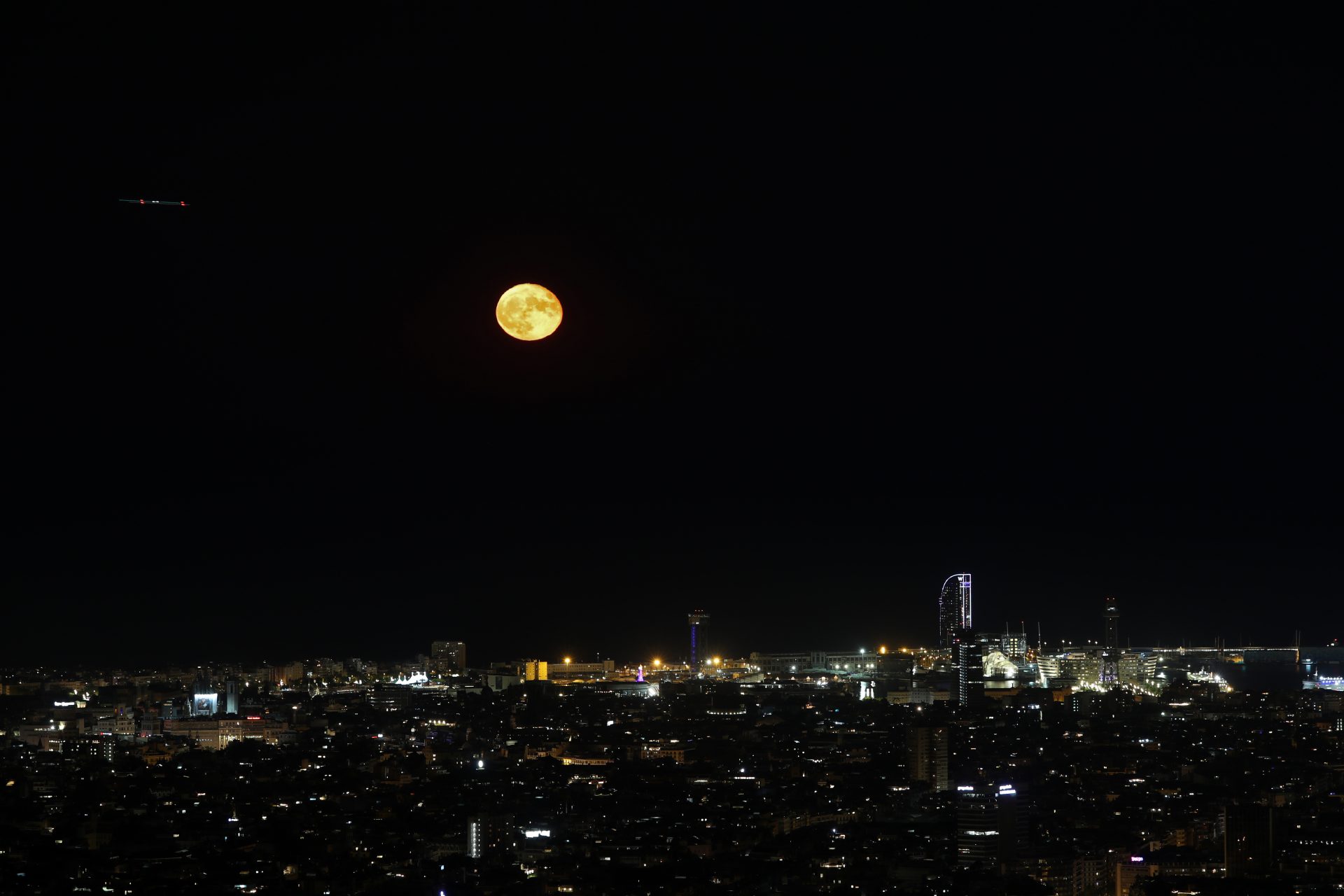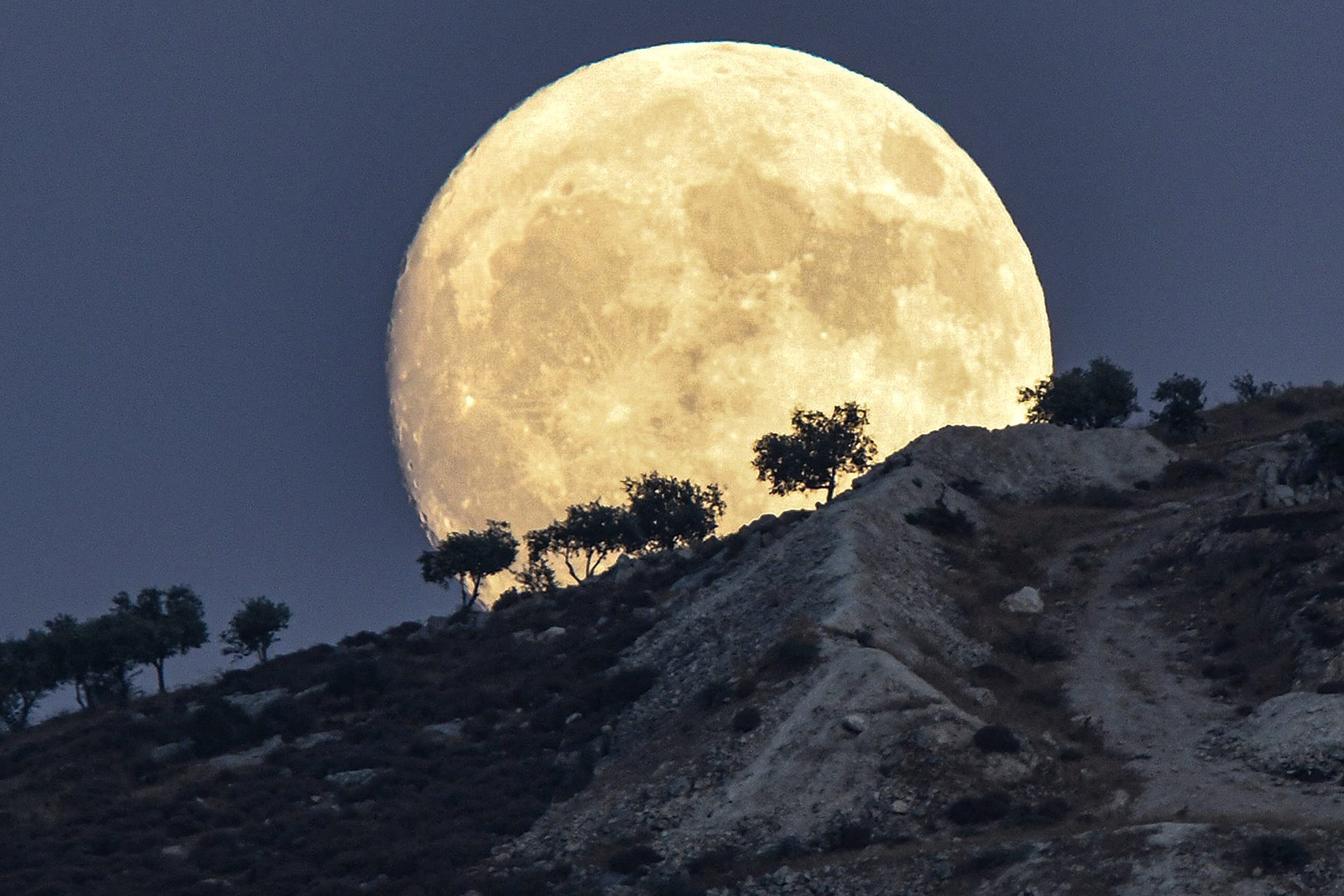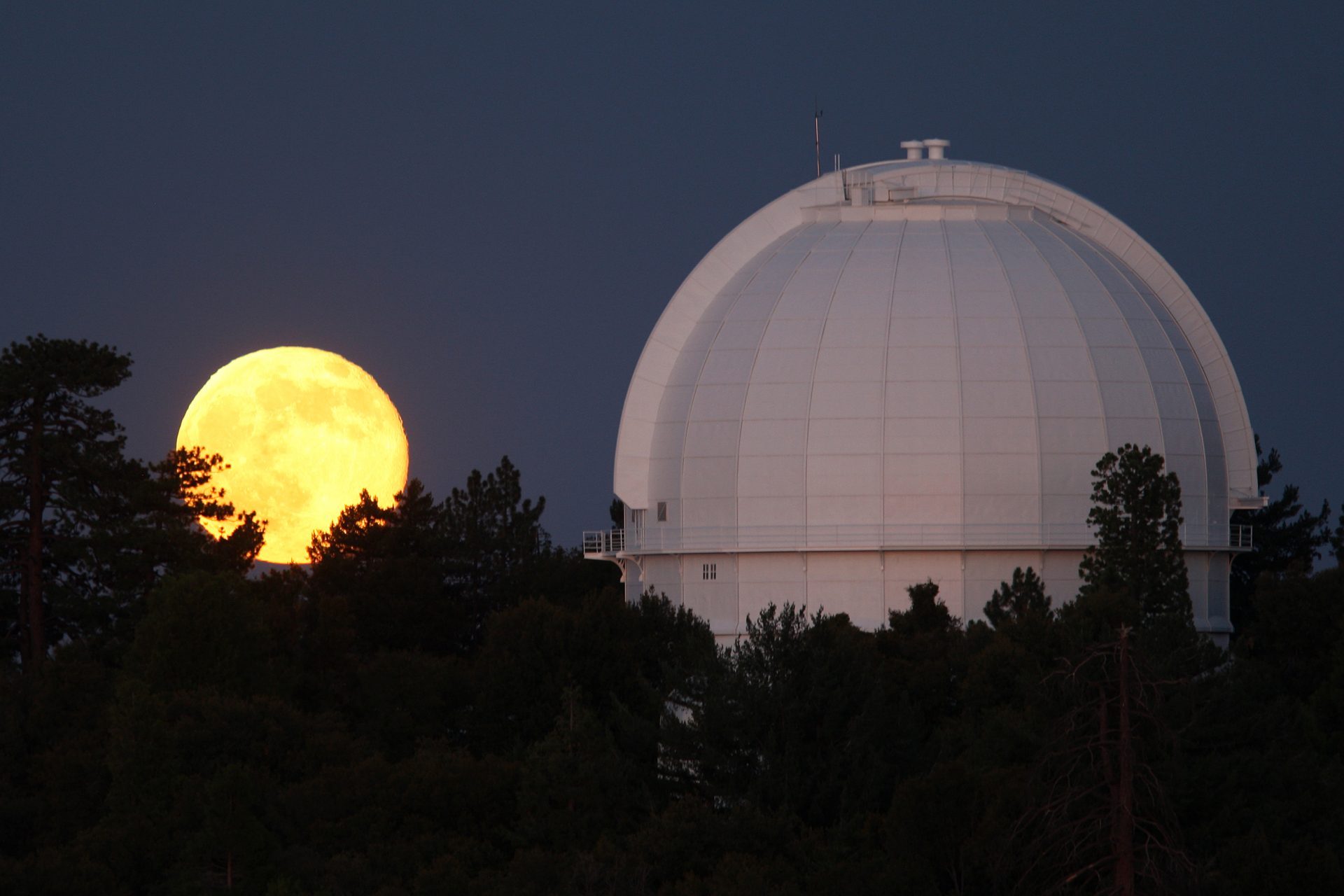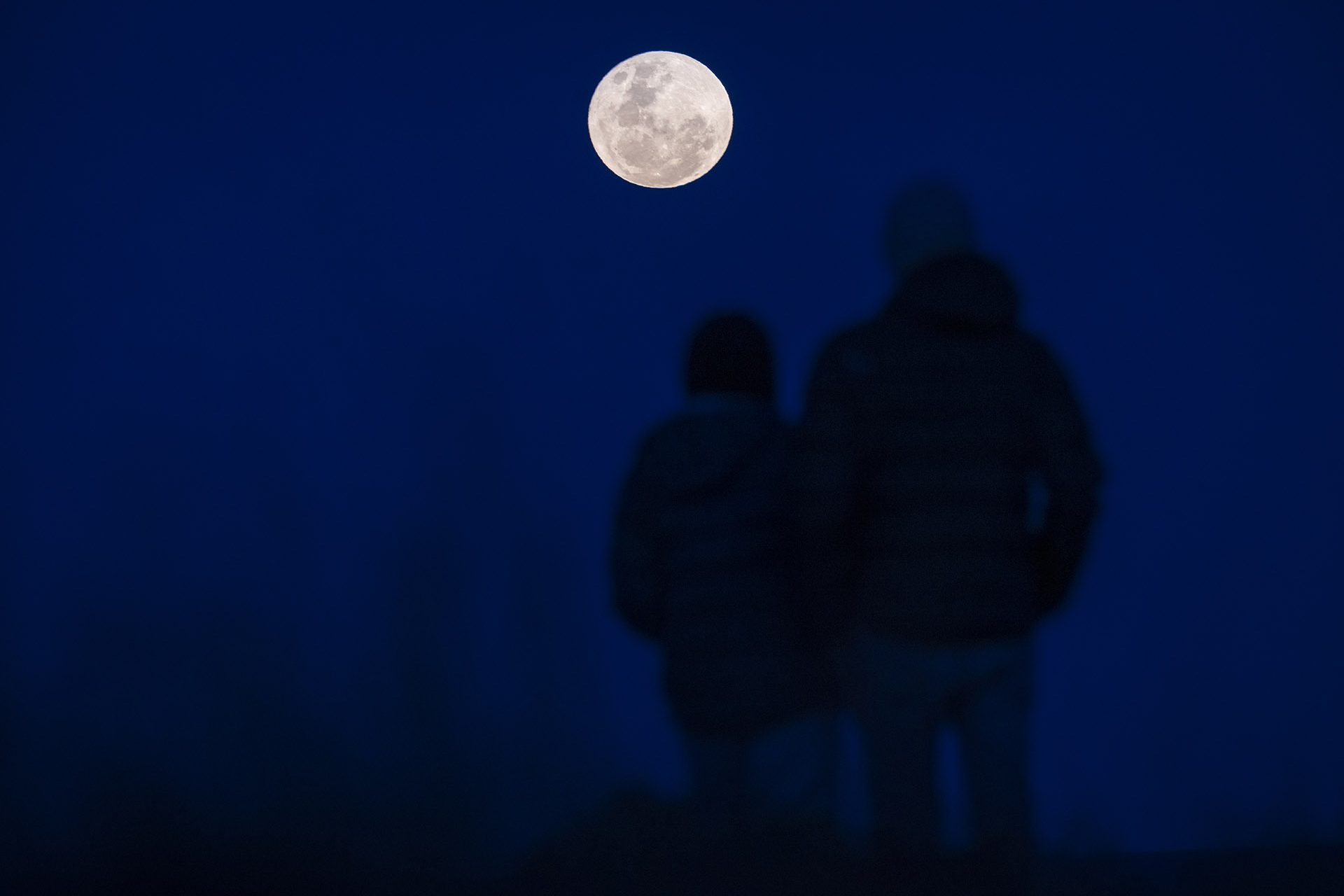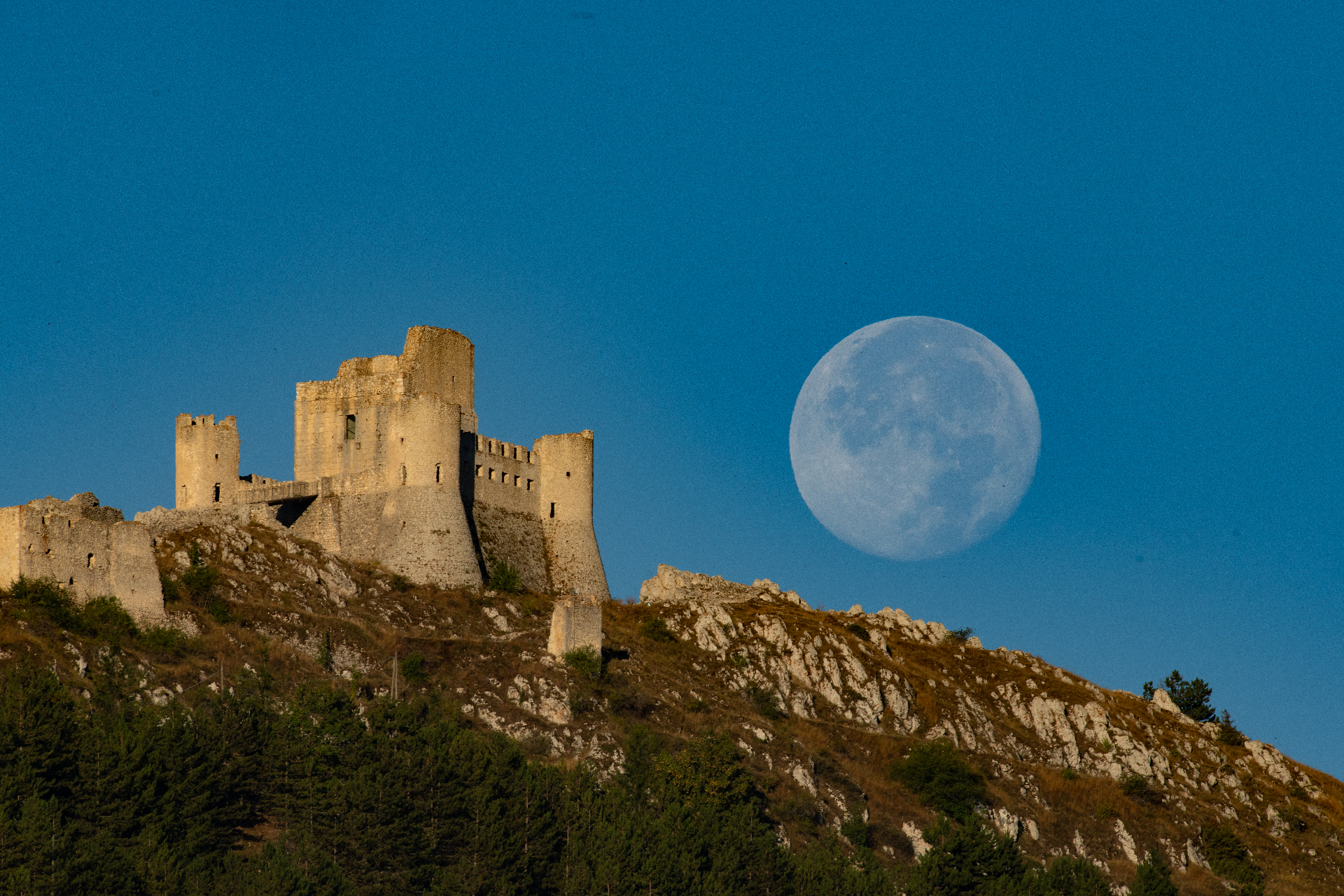There will not be another supermoon year like 2024 anytime soon
The last Supermoon of 2024 is long gone. If you missed it, you will have a chance next year. However, this one was the final year with four supermoons until 2028.
The last Supermoon of the year (in the picture) was on November 15, rounding up four months of lunar spectacles. Now, the moon is at a more distant position relative to the Earth.
That will last almost a year. According to astrophysicist Fred Espenak's predictions, the Supermoons will occur in October, November, and December 2025.
This year’s supermoons also came in August, September, and October, each with a particular characteristic that made them a worthwhile spectacle.
A supermoon is a full moon slightly closer to Earth, appearing bigger and brighter when we look up at the sky.
The term is more popular than scientific. However, Noah Petro, project scientist for NASA’s Lunar Reconnaissance Orbiter, told AP News that a Supermoon is an excellent excuse to look up.
Supermoons happen three or four times a year and always come consecutively. Some years can have two or even five Supermoons, Espenak's predictions show.
They come together because of the moon’s irregular, oval-shaped orbit. The satellite moves closer to Earth for a while before moving further.
As shown in the picture, August's supermoon was a beautiful summer spectacle. It also launched three more months of unique lunar spectacles.
The next one was on the night of September 17. It was 3,000 miles closer to Earth than the August moon, but that is not the only reason it was memorable.
September’s Supermoon coincided with a lunar eclipse visible in most of the Americas and Africa. The Earth cast a shadow over the moon, making it look like a bite had been taken out of it.
October’s Supermoon did not coincide with a second astronomic event, but it was also unique. On October 17, the moon was at its closest point to the Earth in 2024.
Lunar phenomena are a great way to experiment with astronomy. They are easy to watch and require no special equipment.
More for you
Top Stories




